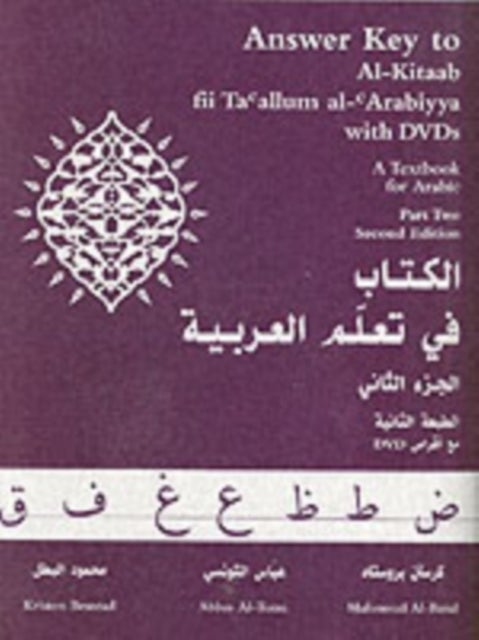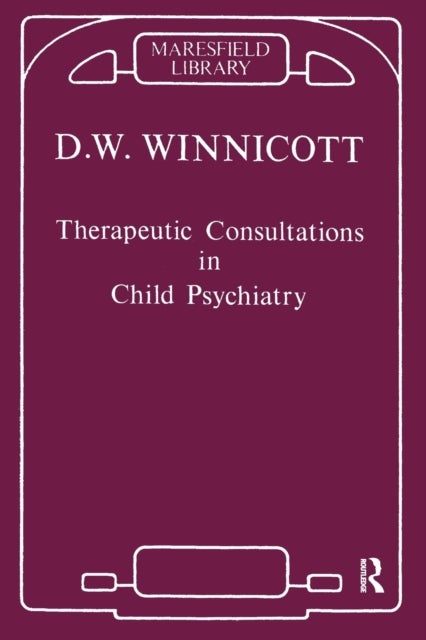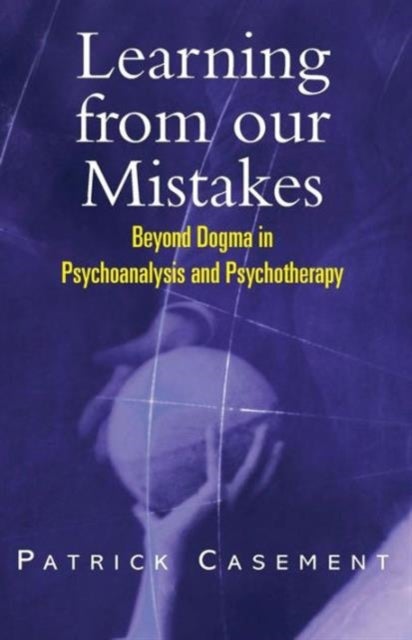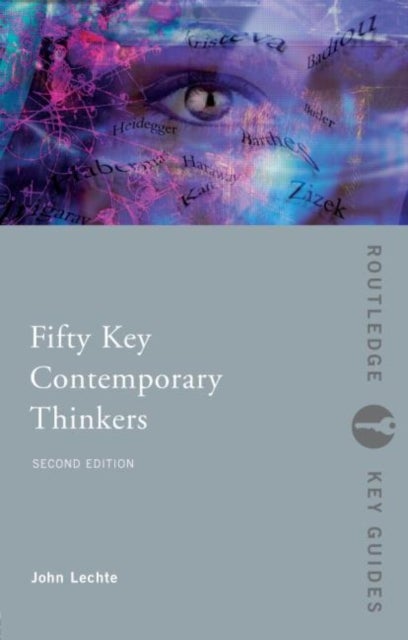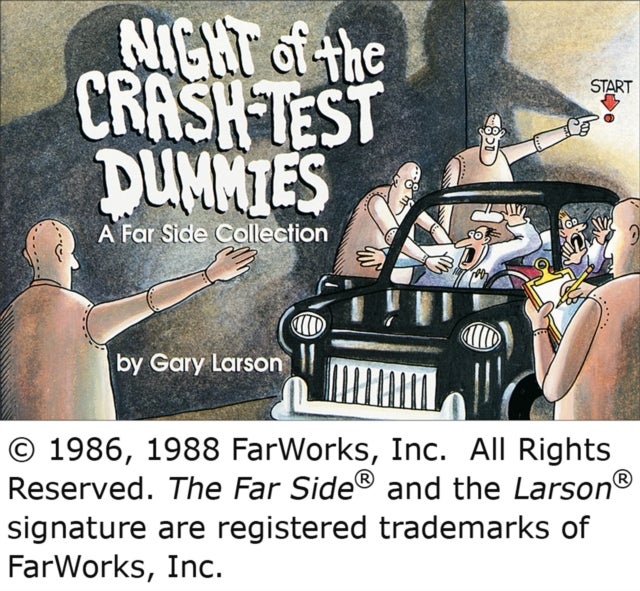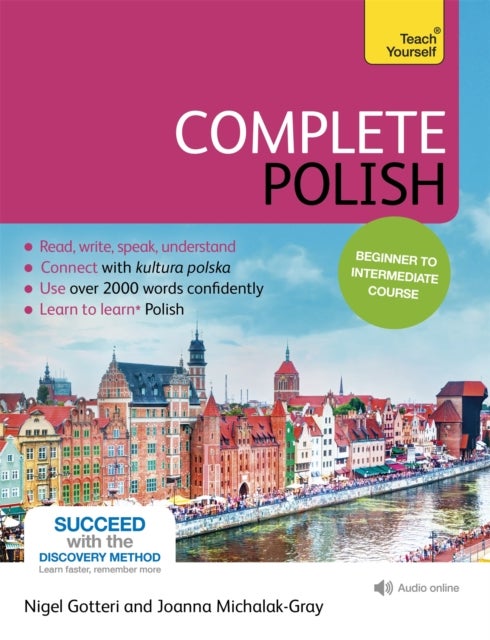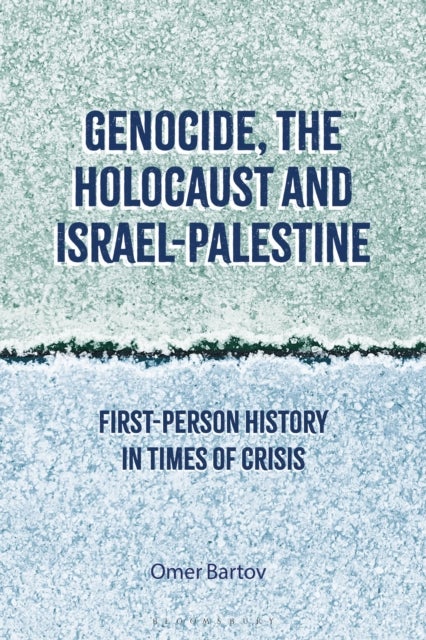
Genocide, the Holocaust and Israel-Palestine av Professor Omer (Brown University USA) Bartov
349,-
This book discusses some of the most urgent current debates over the study, commemoration, and politicization of the Holocaust through key critical perspectives. Omer Bartov adeptly assesses the tensions between Holocaust and genocide studies, which have repeatedly both enriched and clashed with each other, whilst convincingly arguing for the importance of local history and individual testimony in grasping the nature of mass murder. He goes on to critically examine how legal discourse has served to both uncover and deny individual and national complicity. <i>Genocide, the Holocaust and Israel-Palestine</i> outlines how first-person histories provide a better understanding of events otherwise perceived as inexplicable and, lastly, draws on the author¿s own personal trajectory to consider links between the fate of Jews in World War II and the plight of Palestinians during and in the aftermath of the establishment of the state of Israel. Bartov demonstrates that these five perspectives, r

